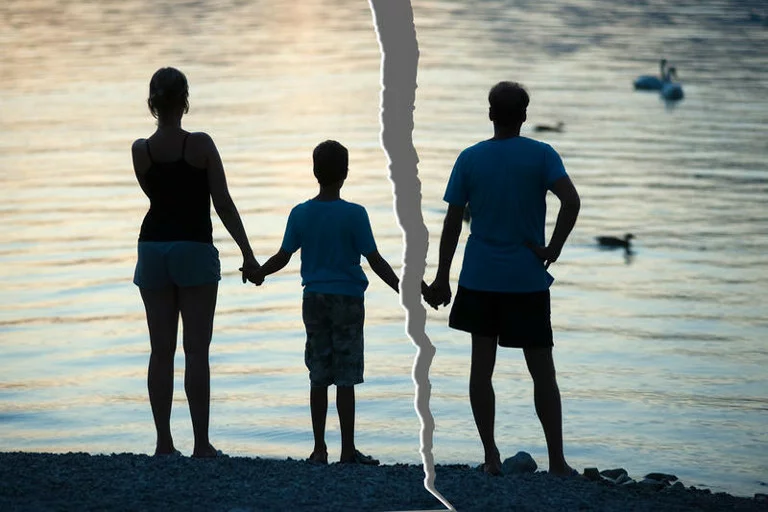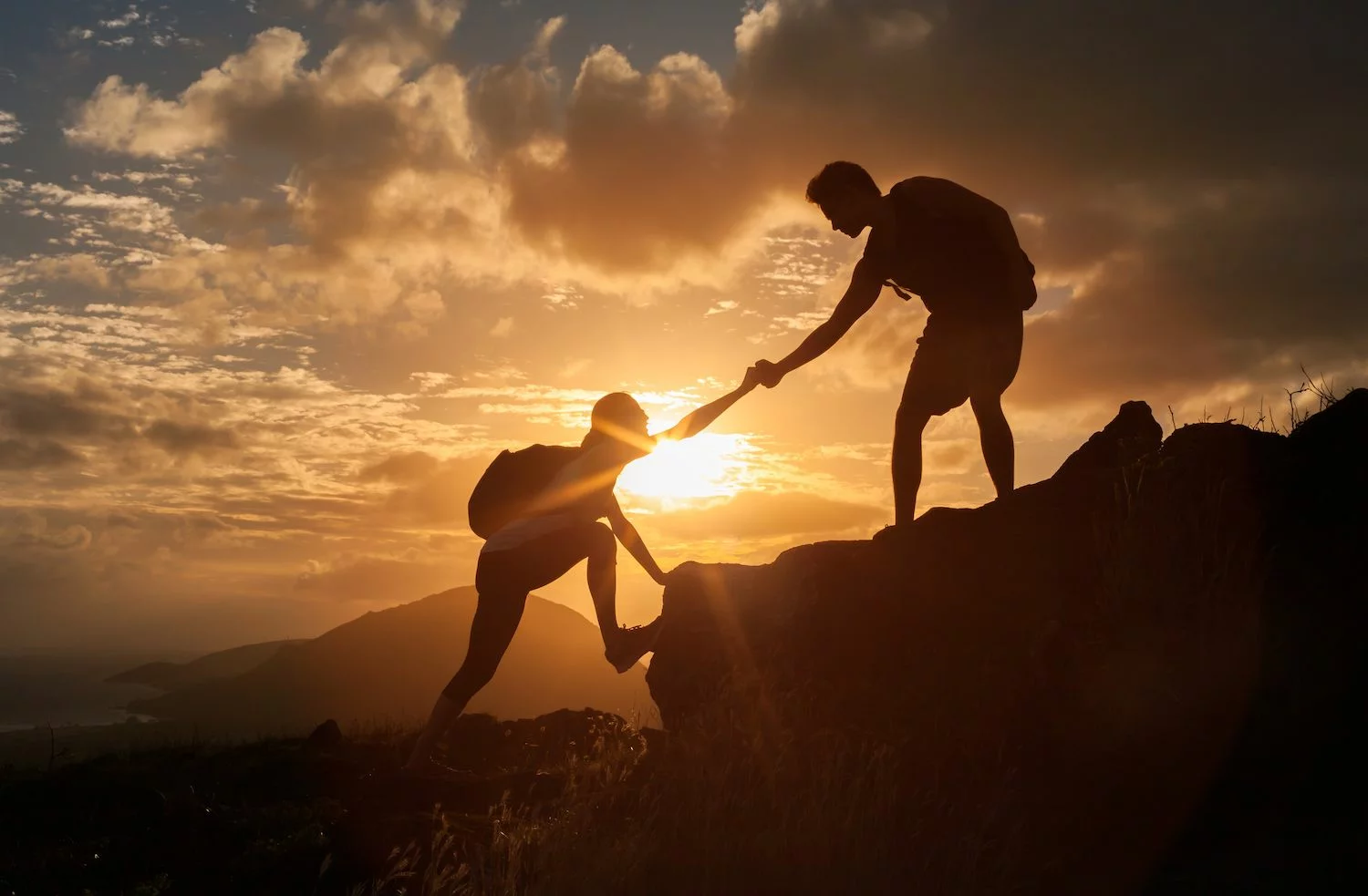Once we have identified that a friend or family member is suffering from addiction, the situation is urgent. The manner in which we proceed can be the first indication of how rocky the road ahead will be, so it is best to approach your loved one from a careful and well-informed perspective in order to facilitate a smoother path to recovery. Read on to find out how to help addicts in positive ways and support them in their recovery.
1. Identifying the Addiction
The first step is to help addicts is identify their addiction. This may seem obvious, but for many friends and family members of addicts, it actually takes quite a while to realise that their loved one is suffering from addiction. This delay could be a result of denial, a co-dependent relationship, or even due to the fact that you yourself have engaged in the same behaviour as your loved one, but do not personally identify as having an addiction. Depending on the stage of addiction one is in, you may also have become detached from the person due to lifestyle changes, new friends, isolation, etc. as a result of their addiction, therefore, been out of touch with how dire their situation is.
Keeping in touch with your friends and family and noticing any changes in their behaviour revolving around substances – either sudden or over time – is important. The earlier an addiction is identified, the more likely that treatment is to be effective and long-lasting.
2. Stop Enabling
In order to help addicts, we as family or peer supporters must also be willing to admit our potential role in the addiction. Although it might take time or professional guidance to fully understand how we might be supporting or enabling addictive behaviour, we must in the very least admit to the possibility of this and cease behaviour that contributes to the addiction.
Some examples of enabling behaviour are:
- Giving an addict money that they may use to buy drugs
- Cutting slack or ignoring when they use drugs after promising they would quit
- Making excuses on behalf of the person
- Taking over their responsibilities
- Bailing them out of jail
While it might at first seem like you are helping the person, you are actually facilitating their continued destructive behaviour and quite likely involving yourself in a codependent relationship.
3. Communicating Concern Effectively
Communicating your concern over someone else’s addiction can be a highly sensitive matter. In the early stages of addiction, people are generally in denial or embarrassed about their addiction and therefore do not want to discuss it at all. In later stages, people may be more aware that they have a need for a substance, but remain in denial over how much control these substances truly have over their lives, and how their addiction is affecting their relationships and other aspects of their lives.
When it comes to confronting someone about their addiction, the stage of addiction and relationship to the person must be considered. As an example, although parents may be strongly concerned over the addiction of a teen, that teen may be better approached from someone else in the family, perhaps someone closer in age or coming from less a position of authority. If the person is in advanced stages of addiction, a formal intervention might be necessary involving multiple members of the family, friends, perhaps even an addiction expert and the introduction of a tentative treatment plan. When an intervention is conducted with a trained intervention specialist, approximately 90 percent of people go on to enrol in treatment.
4. Be Prepared
Confronting someone about their addiction is a big deal so make sure that you are prepared. The first thing you must be prepared for is their reaction. Anger, embarrassment, and denial are some of the most common reactions when addicts are confronted about their addiction. Keep in mind that these reactions are normal and just because these emotions are revealed does not mean that your concern did not have an impact or plant enough of a seed to get your loved one thinking about their addiction and the prospect of treatment.
During all the stages of addiction and recovery, family members and friends will be challenged by the addict – often pushed away or treated cruelly – but it is important to recall your love and memory of this person so that you can play a positive role in assisting them in regaining control and becoming a better version of themselves, for everyone’s benefit. When approaching a friend or family member about their addiction it is important not to vilify or condemn them for their addiction. Although you might have been hurt or even enraged by their behaviour in the past, ultimately you want the best for them and coming into the situation from an open-minded and supportive perspective will be beneficial to both you and them down the road.
5. Be Informed
Another key aspect of being prepared is being informed. In order to best help addicts, be sure to inform yourself about addiction and the treatment process before you confront them. You want to avoid pointing fingers and placing blame without communicating that you understand their struggles and plan to support them through their recovery.
Holistic treatment utilising the 12-step model has been proven highly effective in long-term addiction recovery. Recovery from addiction may also be accelerated by certain other factors including: detachment from triggers, a therapeutic environment, and the use of mindfulness and meditation practices.
Help Addicts in Getting Treatment at The Dawn Rehab in Thailand

The Dawn in Chiang Mai, Thailand provides a picturesque setting for recovery – away from familiar negative influences and supportive of a well-rounded healing approach featuring secular 12-step programme as well as alternative therapies such as meditation, reiki, art and yoga in order to provide unique options for clients throughout their journey to recovery. The Dawn also provides a necessary degree of flexibility in their treatment regime in order to ensure that each person can formulate an individualised treatment plan most appropriate for them.
For more information about how to help addicts during all stages of their addiction and recovery, contact The Dawn today for a consultation.
Related Posts
 5 Lies Addicts Use to Justify Their Behaviour and How Loved Ones Can Help
Addicts view life as a survival game. Each day they are committed to preventing withdrawals and hiding the physical signs of dependency. In addition to this, addicts must also develop a...
5 Lies Addicts Use to Justify Their Behaviour and How Loved Ones Can Help
Addicts view life as a survival game. Each day they are committed to preventing withdrawals and hiding the physical signs of dependency. In addition to this, addicts must also develop a...
 Family Roles in Addiction: How the Whole Family Plays a Part in the Continuation of Addiction
Alcohol and drug addictions are damaging for everyone involved. Even just one family member struggling with substance abuse can impact the whole family and group of friends. Frequently, growing up...
Family Roles in Addiction: How the Whole Family Plays a Part in the Continuation of Addiction
Alcohol and drug addictions are damaging for everyone involved. Even just one family member struggling with substance abuse can impact the whole family and group of friends. Frequently, growing up...
 4 Simple Tips to Help an Addicted Loved One Who Doesn’t Want Help
Anyone who has experienced life with a friend or family member suffering from addiction knows that once the addiction has taken over, it often takes reaching a rock bottom before...
4 Simple Tips to Help an Addicted Loved One Who Doesn’t Want Help
Anyone who has experienced life with a friend or family member suffering from addiction knows that once the addiction has taken over, it often takes reaching a rock bottom before...
 How to Stage an Intervention: Essential Steps and Tips
Most readers of this guide will probably not have firsthand experience with interventions but are likely familiar with the concept, largely through its portrayal in movies, TV shows, and online...
How to Stage an Intervention: Essential Steps and Tips
Most readers of this guide will probably not have firsthand experience with interventions but are likely familiar with the concept, largely through its portrayal in movies, TV shows, and online...





